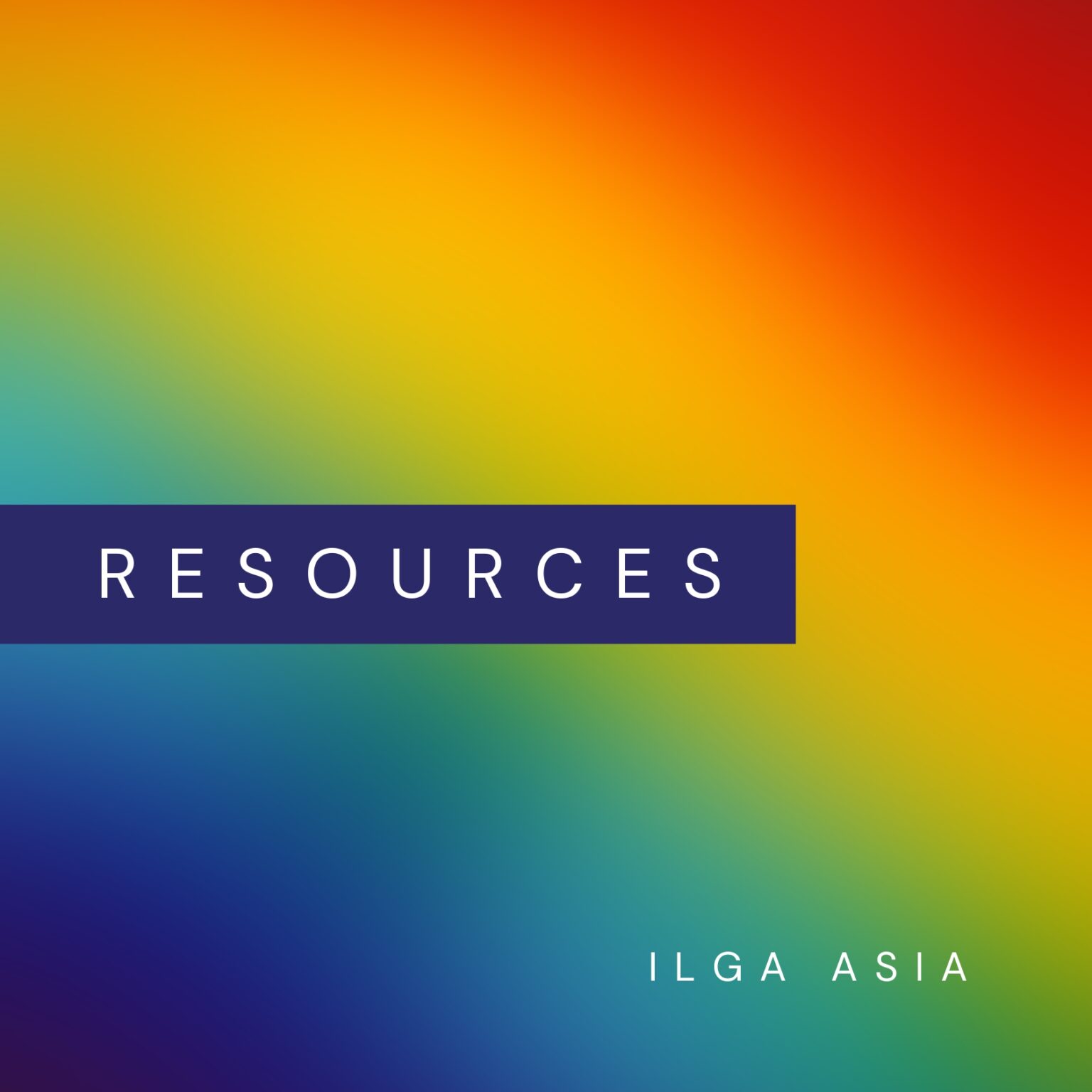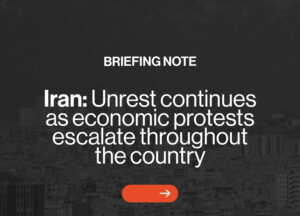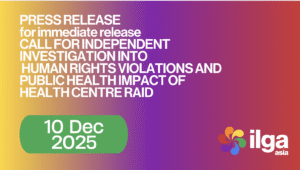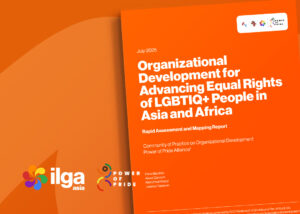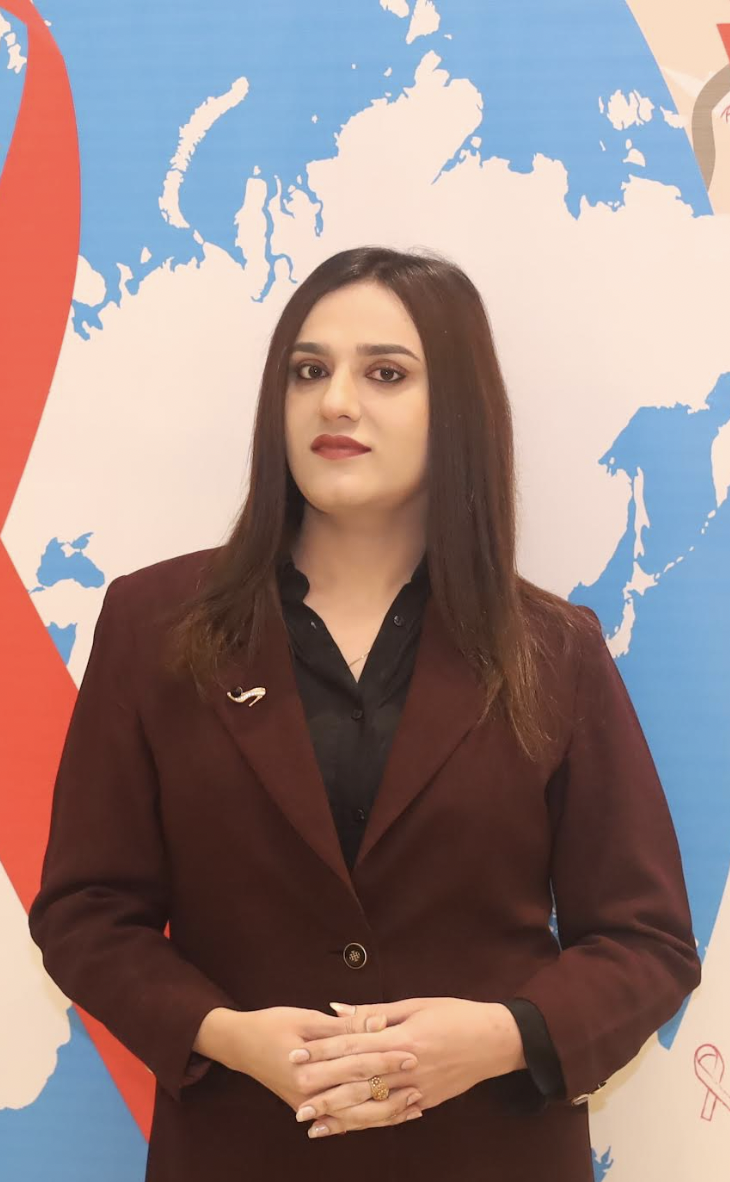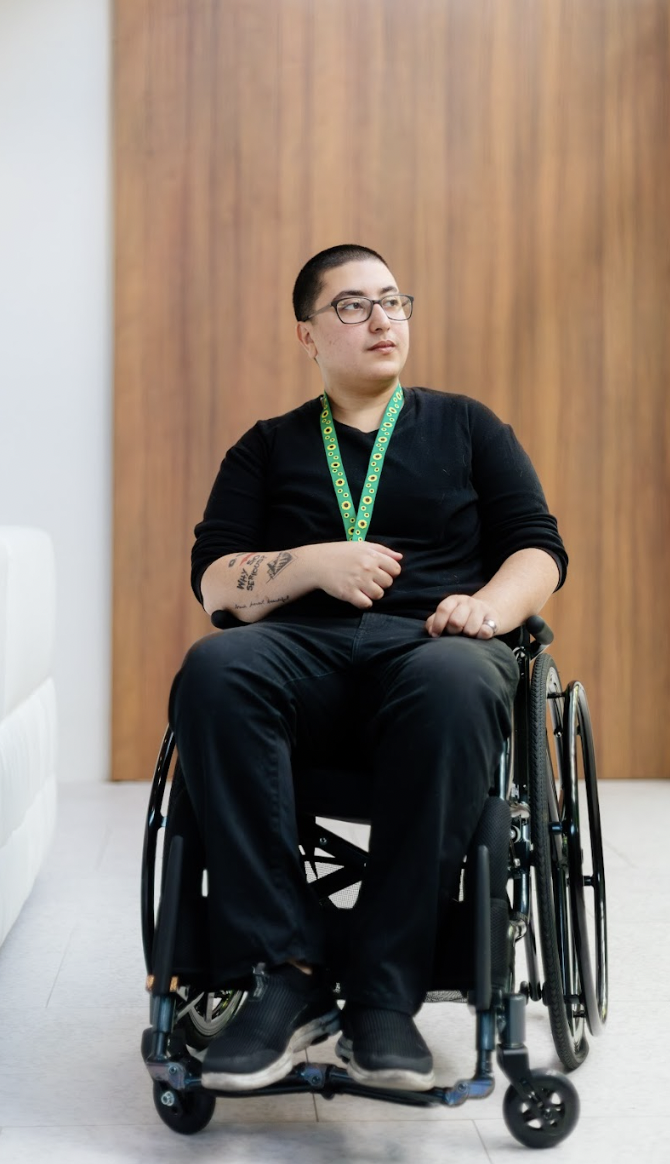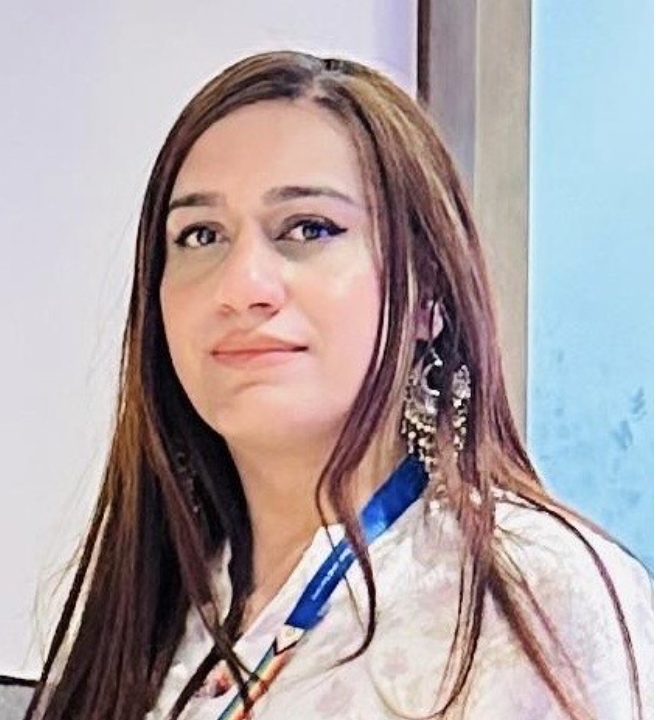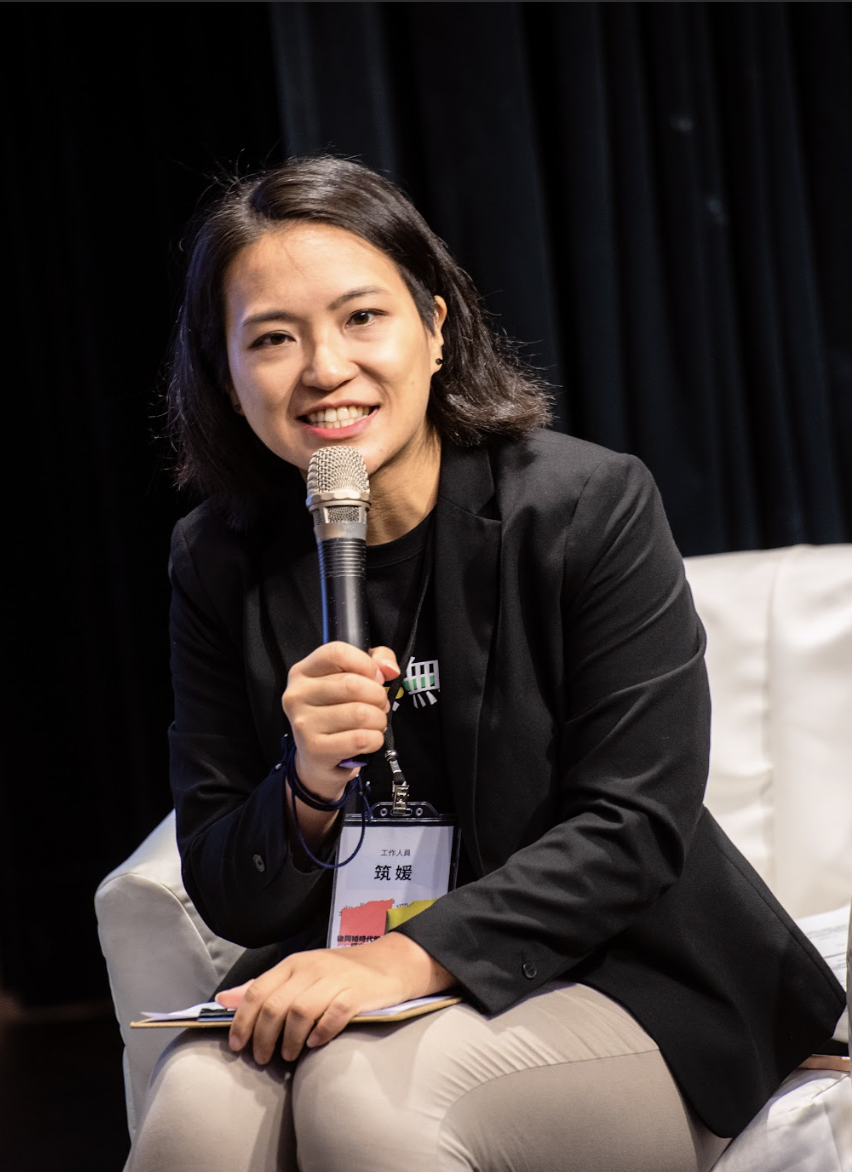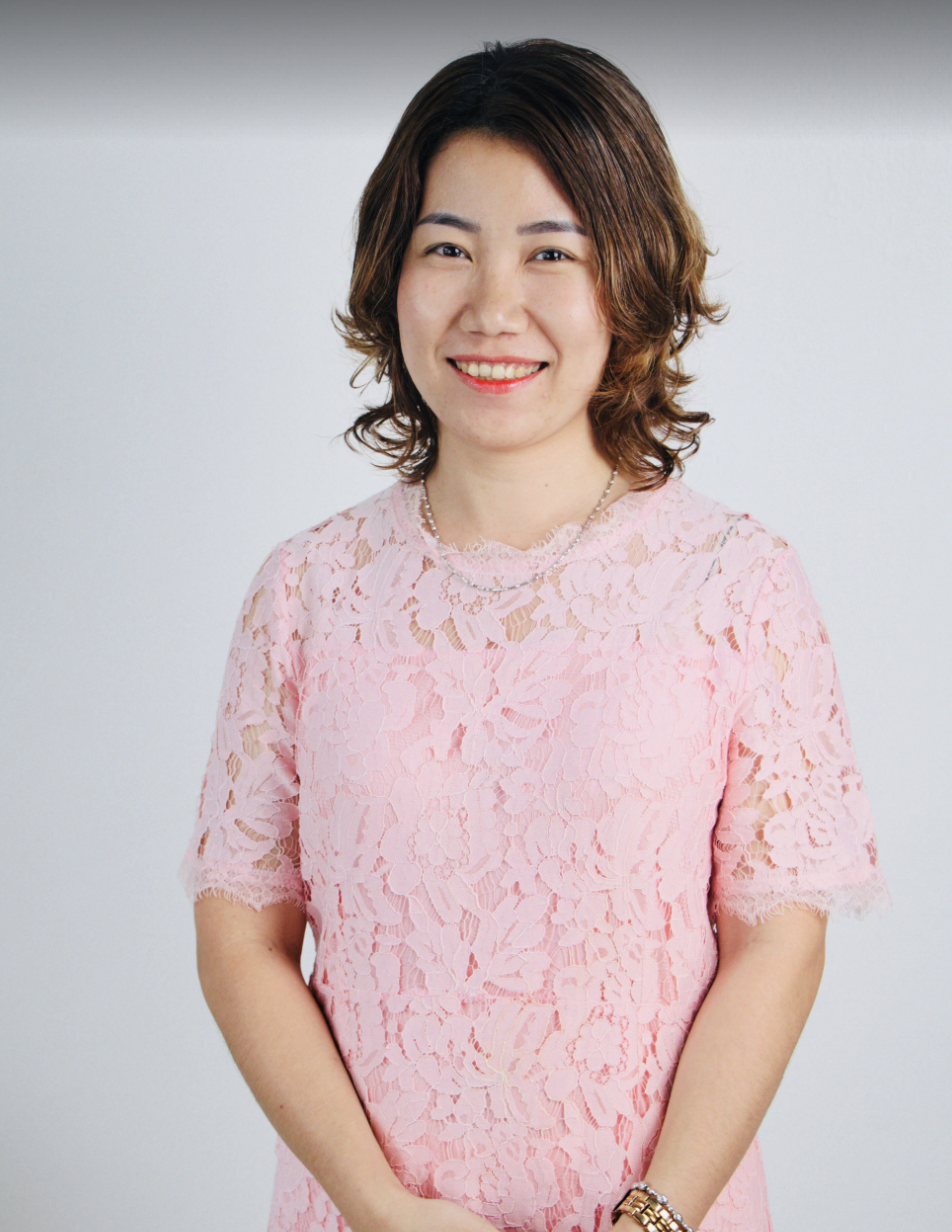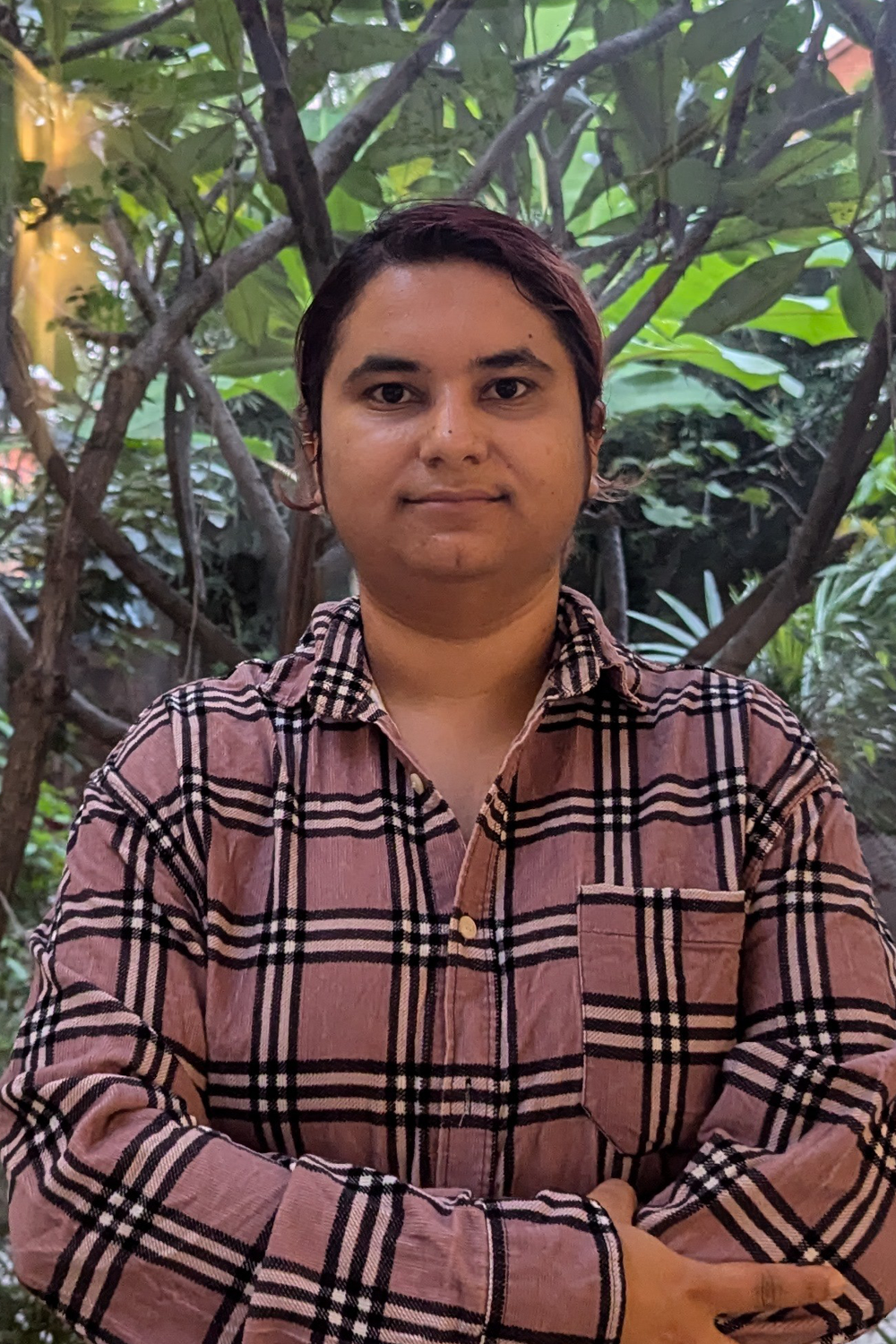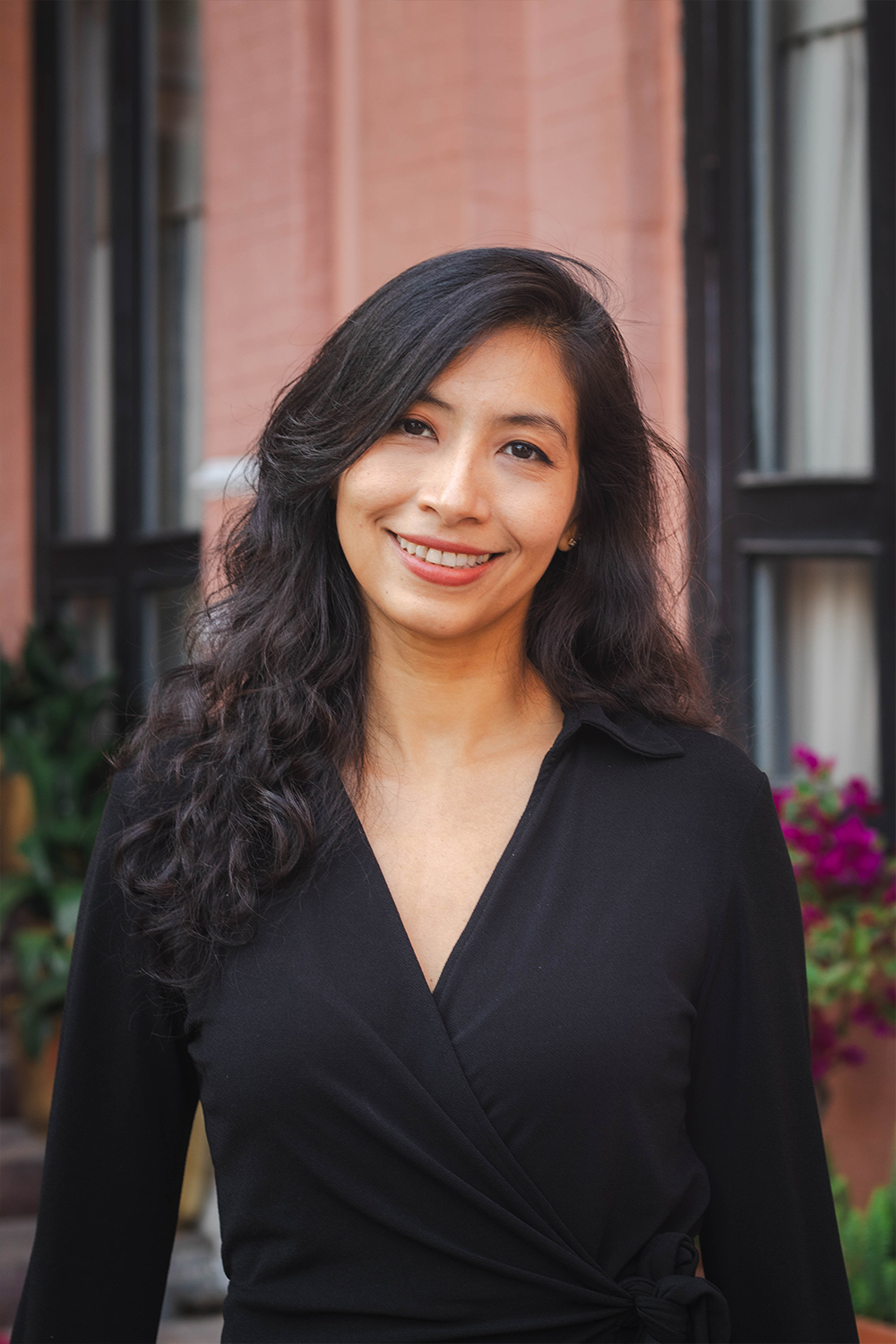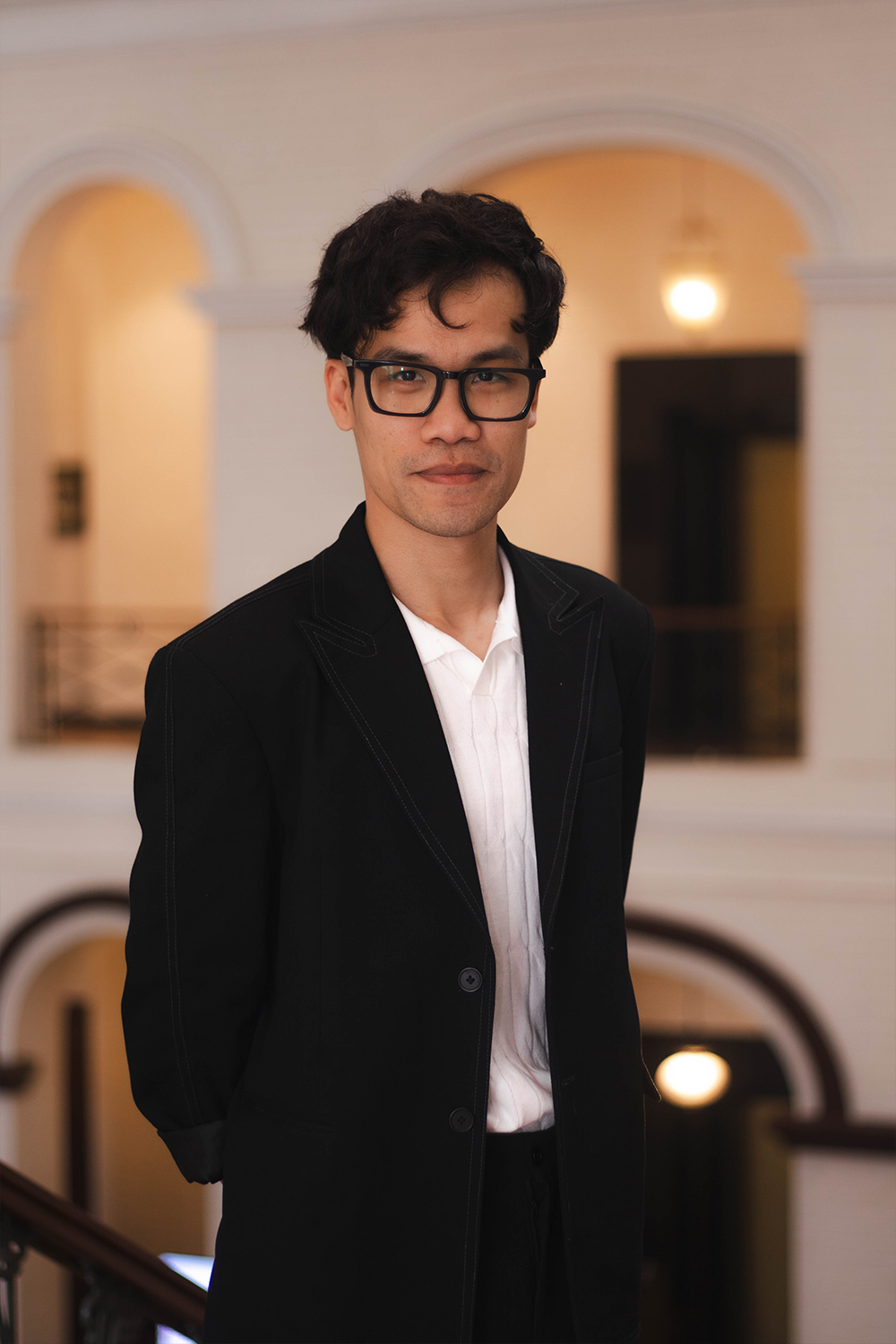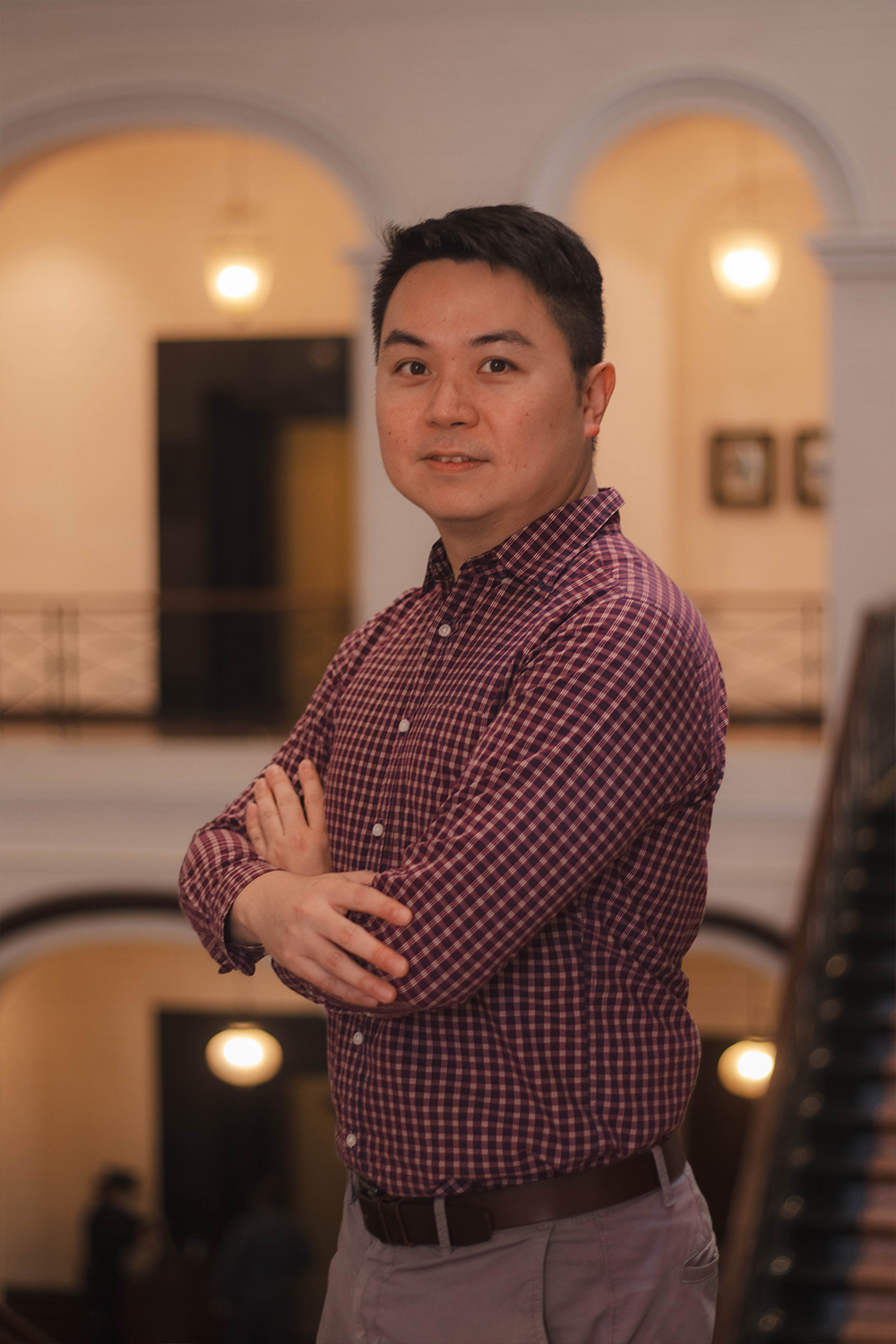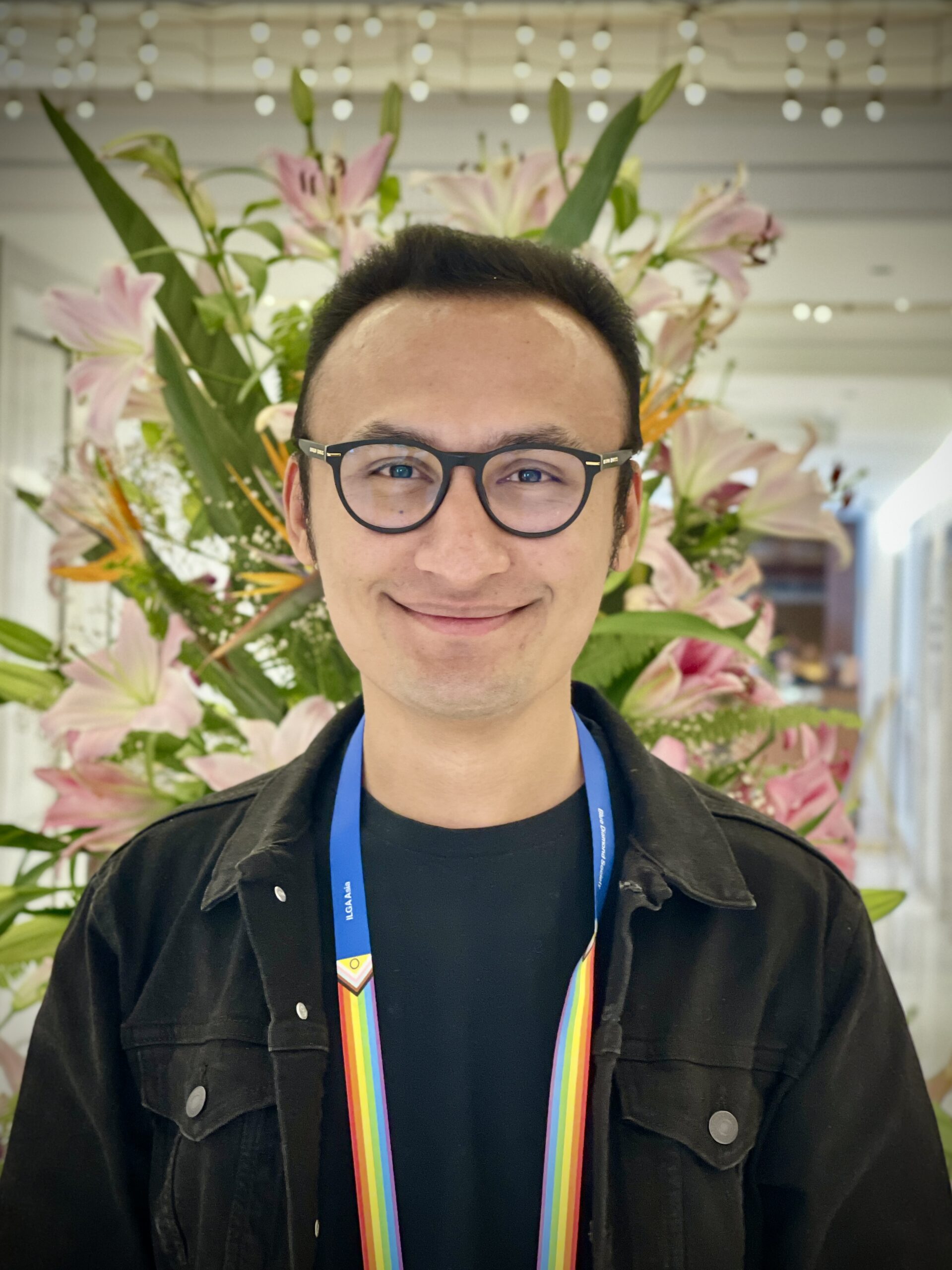Session 1 Plenary Discussion: Developing economic and social policies to address gendered poverty
UNESCAP – 6 February, 10:40 – 12:30
Distinguished representatives, colleagues, This statement was drafted in collaboration with Asia Pacific regional LGBTIQ and SRHR organizations and networks.
Violence and discrimination on the basis of sexual orientation, gender identity, expression, and sex characteristics (SOGIESC) compounds the already existing economic and social disparities that lesbian, bisexual, trans, intersex, and queer (LBTIQ) women, including gender nonconforming persons, experience across Asia and the Pacific.
Several factors drive and enable the inordinate economic and social marginalization that LBTIQ women face, including prevailing misogynistic and discriminatory laws, policies, and social practices, and violations of sexual and reproductive rights and bodily autonomy that disadvantage and keep LBTIQ women and gender nonconforming persons communities across Asia and the Pacific in poverty and economic instability.
Economic Mobility and Workplace Discrimination
LBTIQ women and gender nonconforming individuals face exclusion and stigmatization within educational institutions and formal employment sectors, leading to higher dropout rates and negative employability outcomes, and are overwhelmingly employed in the informal sector. Non-recognition of go gender identities and criminalisation of consensual same-sex sexuality, gender expression, and sex work disproportionately affect these communities. LBTIQ women also face issues with respect to access to basic necessities, sexual and reproductive health and rights (SRHR), and housing and property rights, which are affected by a lack of anti-discrimination legislation in the region and exclusion from social protection schemes.
Cultural and Religious Fundamentalisms, and Anti-Rights/Gender Movements
Upsurges of cultural and religious fundamentalisms, which manifest in and through political and religious institutions, severely impact the economic and social capabilities of LBTIQ women. Anti-rights and anti-gender actors influence, fund, and capacitate decision makers and non-state actors across Asia Pacific to develop and put into practice discriminatory laws, policies, and social practices that exacerbate pre-existing inequalities and misogynistic social, cultural. and religious norms.
Predatory International Financial Institutions
International Financial Institutions (IFIs) dominated by the exploitative, neoliberal priorities of wealthy governments inhibit the ability of developing countries across regions to develop and implement feminist and inclusive social protection schemes that benefit all women, including LBTIQ women. Development “assistance” and loans relying on austerity measures and predatory interest rates prevent adequate allocation of resources that can help mitigate the socio economic marginalization LBTIQ women experience.
Rampant Militarism, Conflict, and Displacement
Unchecked militarism, arms trading, regime change campaigns, and the aiding and abetting of violent military dictatorships contribute to the destabilization of institutions responsible for service provision and drive the displacement of LBTIQ women, who may already be excluded from humanitarian aid, social protection policies because of their actual or perceived SOGIESC. Furthermore, LBTIQ asylum seekers suffer from inordinate sexual and gender based violence, lack access to SRHR services, and face compounded challenges when attempting to access social services in both origin and host countries, potentially placing them in a perpetual state of economic and social insecurity exacerbated by lack of legal recognition.
Recommendations
- States should partner with relevant organizations in the Asia Pacific region for collection of data disaggregated on the basis of SOGIESC;
- Active outreach and meaningful inclusion of LBTIQ organizations and perspectives in national sustainable development follow up and review processes, Convention on Elimination of Discrimination Against Women (CEDAW) reviews, Beijing Declaration and Platform for Action reviews, the International Conference on Population and Development (ICPD), and other policy/decision making spaces at at all levels;
- Business and private sector organizations should partner with LBTIQ and women’s rights organizations to improve diversity, equity, and inclusion schemes and support for LBTIQ women in formal employment sectors;
- Support LBTIQ organizational capacity development by increased funding to LBTIQ led and feminist intersectional organizations;
- Ensure access to quality SRHR services, information, healthcare and education for all;
- Relief and cancellation of developing country sovereign debt, and international consensus on and respect for principles of the Right to Development.
Co-Drafted with:
- ASEAN SOGIE Caucus
- Asia Feminist LBQ Network
- Asia Pacific Alliance for Sexual and Reproductive Health and Rights (APA)
- Asia Pacific Transgender Network (APTN)
- ILGA Asia
- Outright International
- Shanghai Pride
Sources:
- https://www.ilo.org/wcmsp5/groups/public/—dgreports/—gender/documents/publication/wcms_846108.pdf
- https://www.ohchr.org/sites/default/files/Documents/Issues/Discrimination/Joint_LGBTI_Statement_ENG.PDF ; https://www.ohchr.org/sites/default/files/ReportSocioCulturalEconomicInclusion.pdf
- https://weareaptn.org/wp-content/uploads/2019/11/APTN-DeniedWork-Main.pdf
- https://www.hrw.org/sites/default/files/media_2023/02/global_lbq0223_web.pdf
Read the original statement here.
